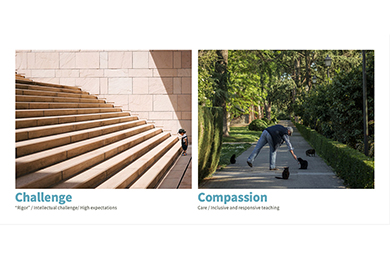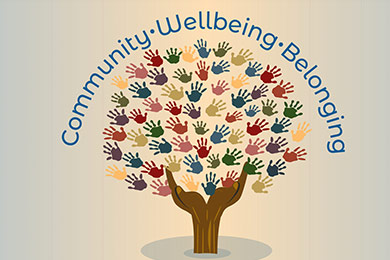
2024: Another Historic Election This year, fall will not only bring crisp air and the warm colors of the season (and pumpkin-spice everything) but also an historic presidential election sure […]

OGE’s annual celebration of MIT’s graduate students takes place April 1-8, 2024. See the full lineup of events & register at here. Download the PDF Calendar of the week and […]

On Wednesday, December 13, we hosted Dr. Sarah Rose Cavanagh to discuss how to create challenging learning environments for students that also support their mental health and wellbeing.

On Thursday, December 15, TLL hosted members of the RIC16 Ad Hoc Committee to discuss their year-long work to understand and document how MIT instructors and faculty fostered community, wellbeing, […]

by Lourdes Alemán & Melissa Cao Although student mental health has long been a concern in higher education, the pandemic, by its very nature, exacerbated students’ mental health. The pandemic […]

On March 30, 2022, TLL hosted a talk by Professor Carlton Fong of Texas State University on the many ways the COVID-19 pandemic impacted student motivation. Professor Fong discussed evidence-based […]

Collecting formative mid-semester feedback is an extremely effective way to gain targeted and specific information from students about what aspects of the subject support their learning.

Charged and stressful events occurring on campus or in the national or global community can create challenging classroom dynamics and distract students from their academic work. As an instructor, your […]

As we continue to increase the diversity of our community at MIT, cultivating inclusive and equitable learning experiences becomes even more vital to supporting students’ learning and sense of belonging […]

Checking in with students in 7.012 One of our biggest concerns in 7.012, a large introductory biology course, was helping our students connect with one another and with the teaching […]

